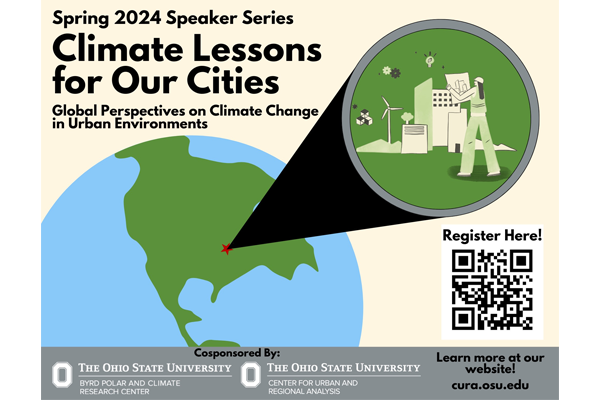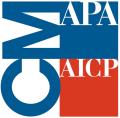
Cities across the globe are increasingly suffering from flooding by extreme rainfall, drought and related heat stress. Climate change, ongoing urbanization and aging/decay of existing water management infrastructure together are the major drivers of this process. New approaches to integrated urban water management (IUWM) are continuously being tested and revised to address these challenges in an effective way, such as Water Sensitive Urban Design and the Sponge City approach. These approaches all foster the widespread deployment of multi-beneficial nature-based, blue-green infra solutions for creating protection up to a certain service level, while maximizing ecosystem services and other benefits provided by these solutions. One of these emerging approaches is the Three Points Approach (adapted from Fratini et al, 2012). This approach provides a basis for integrative planning and design of urban, regional and river basin water management interventions (Geldof and Kluck, 2008; Fratini et al., 2012). The 3PA divides stormwater management into three domains: 1) Design domain; 2) Extreme domain; 3) Everyday domain.
It is becoming increasingly clear that this switch from an adaptive planning (incremental) to an integrated, planned adaptation (transformative) approach requires envisioning a desired future beyond the transition. This calls for a renewed attention for (spatial) design both as a method and a product in urban planning. In this context it aims to complement the current, traditional largely model-based approaches by visualizing desired futures, including the spatial translations and consequences from multiple (incl. bottom-up) perspectives, which allows identifying sustainable pathways leading to these futures.
In this lecture Dr. Zevenbergen will address the question of “What are the major features and challenges of taking a long-term perspective assuming that climatic conditions will drastically change in the future? And what does the 3PA approach bring to developing a strategy?"
Chris Zevenbergen is professor at the Water Engineering Department of IHE Delft and at TuDelft, The Netherlands. He is also a visiting professor at the Southeast University (SEU) and at the North China University of Water Resources and Electric Power (NCWU). He was a Member of the Board of the Public Private Innovation Platform Clean Tech Delta, The Netherlands in 2013 and 2014 and of the Netherlands Partnership (NWP) from 2010 to 2013. He is now chairman of the Academic Board of the MSc program River Delta Development of three Applied Universities in The Netherlands and project director of DeltaCAP, a capacity development program to support the implementation of BDP2100 in Bangladesh funded by the Dutch Government. He worked as a researcher and consultant on various environmental issues related to the building industry, such as environmental impact assessments, product development, emission modeling, testing procedures, building codes and guidelines in the 1980s followed by 20 years international research and consultancy in environmental engineering, climate adaptation and water management of urban systems. In the past 15 years he has accumulated extensive national and international experience with integrated approaches to manage floods in urban environments.
This spring, CURA and the Byrd Polar and Climate Research Center are hosting a series of presentations from international scholars and practitioners who are experts in climate related topics and their impacts on urban areas.
This event is approved for 1 AICP CM credit. To claim your CM credits, log into your My APA account on the APA website and enter the event into your online CM event log.

